Collective Water Management in Anceu: The Prototype Developed at Hacker Days
In September this year, Rural Hackers launched the Hacker Days project, an innovation space combining residency, hackathon, and community prototyping. The idea was to dedicate a week each year to work alongside organizations, companies, and local residents on technological solutions that address the challenges of rural areas. Our focus was on creating an open-source tool to facilitate collective water management in villages like Anceu, where this task still falls on volunteer residents, many over sixty years old.
The Problem: A Valuable Practice at Risk
Anceu was not an isolated case. Thousands of small rural communities maintain essential infrastructure thanks to the selfless efforts of residents who, generation after generation, read meters, detect leaks, collect fees, and ensure water reaches every home. In Anceu, Rosabel and Olga had been performing this work for years: about 400 meter readings per year, along with technical and administrative tasks that, if lost, could increase costs and weaken community autonomy.
The challenge posed a simple but powerful question: what would happen when these people could no longer do this work?
Community water management requires trust, local knowledge, and the ability to respond quickly to breakdowns or misuse. Replacing this system with a private management model would have been easy but costly, and probably less adapted to local reality. That is why the mission of Hacker Days was to design a tool that could sustain community management, keep costs low, and enable generational succession.
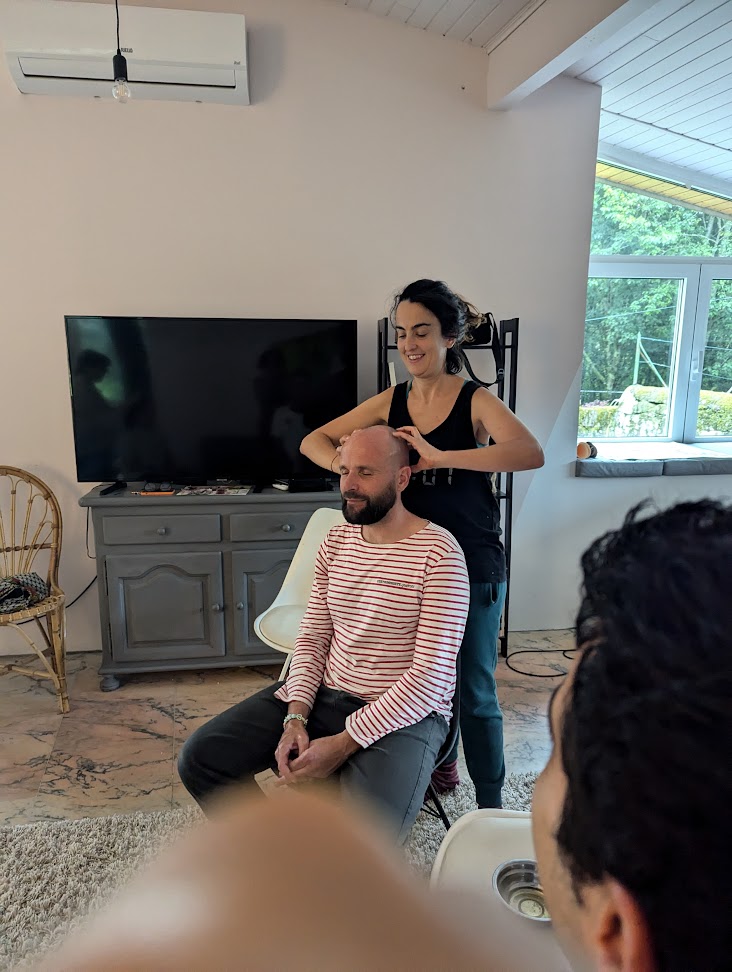
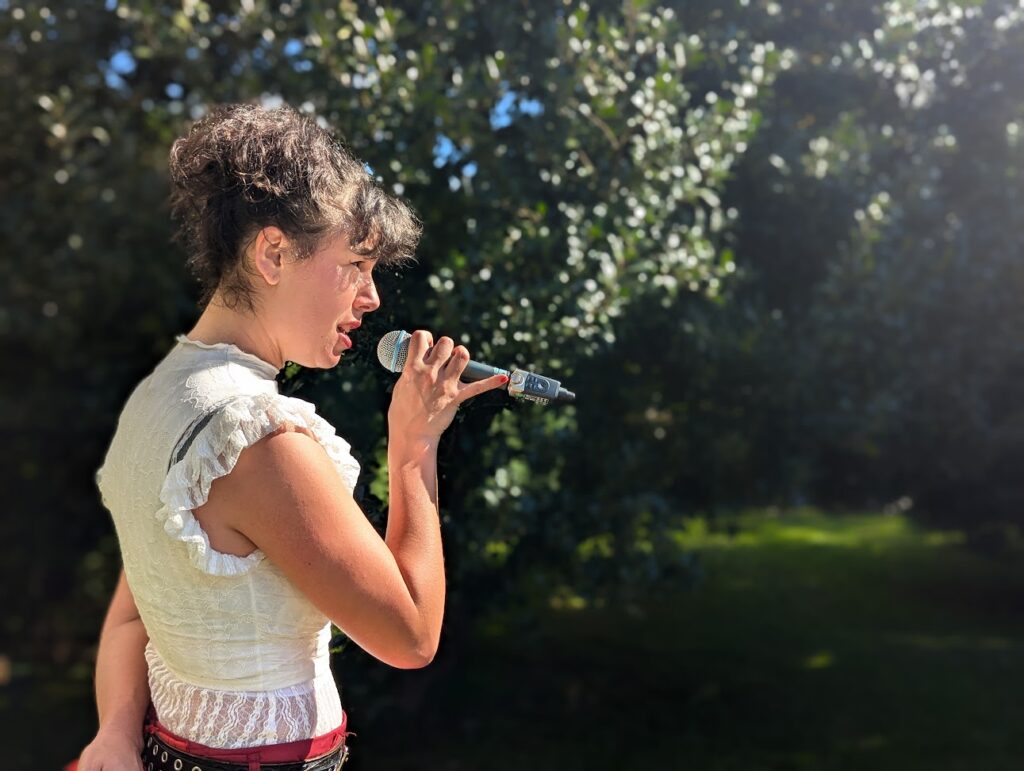
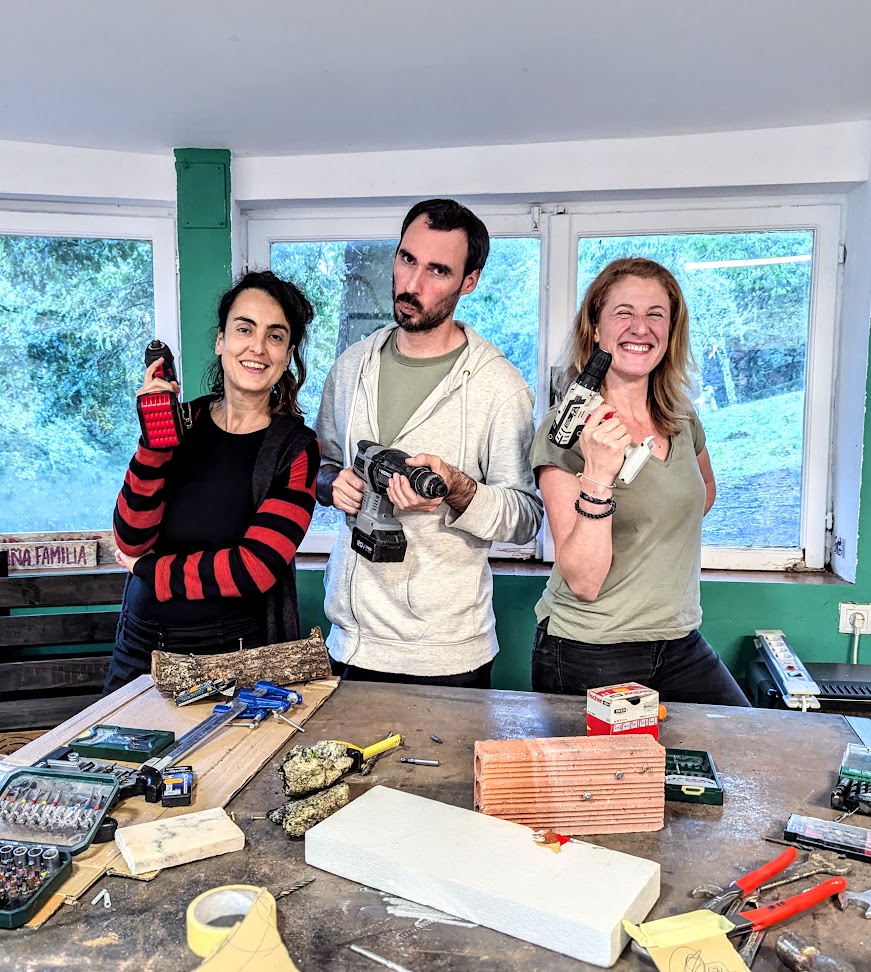

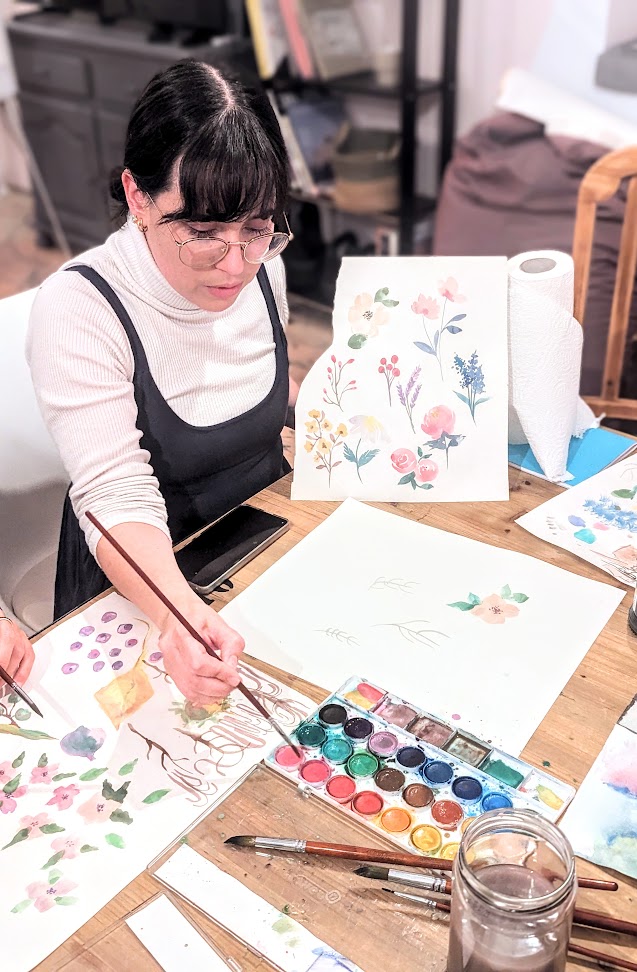
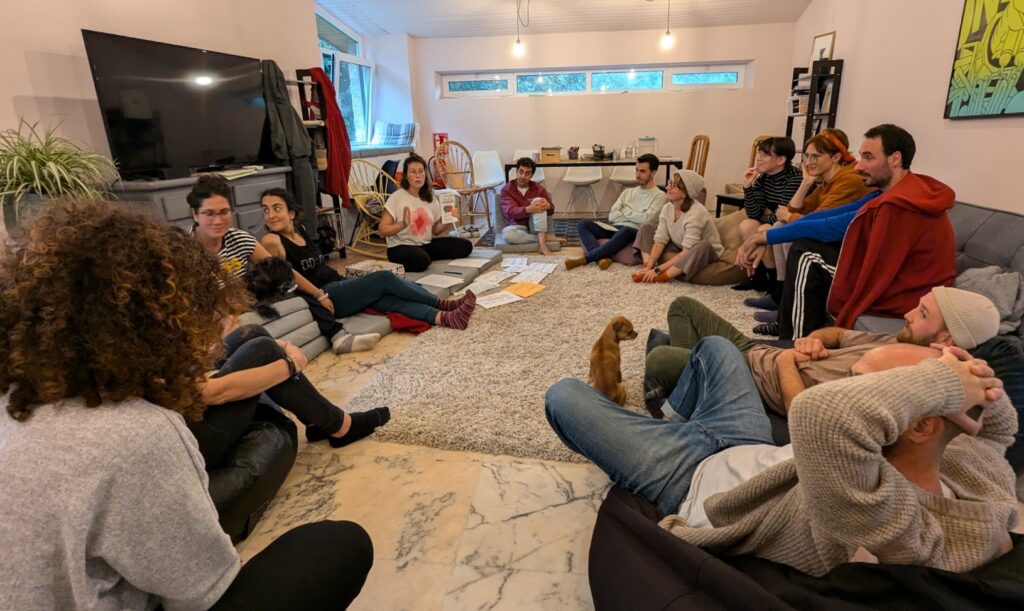
The Proposal: An Open, Simple, and Replicable Solution
Rural Hackers designed and prototyped an open-source solution in just one week, automating key aspects of the process: meter reading, leak detection, billing, and communication. It was simple enough for people with different digital literacy levels. The goal was for the tool to be replicable in up to 1,500 communities with similar management models, as highlighted by Marketing4eCommerce.
During the intensive week of September 1–7, 2025, the team combined immersion, design, prototyping, and community testing, with activities ranging from informal meetings at the Casa do Pobo to hands-on testing in real conditions, following the philosophy of Anceu Coliving, where experience, knowledge, and communal living intersect.
The open-source approach ensures that any municipality, neighborhood association, or cooperative can adopt, audit, and adapt the solution without relying on commercial contracts. It also facilitates collaboration among developers, designers, and social mediators who can improve the platform and share best practices between villages.
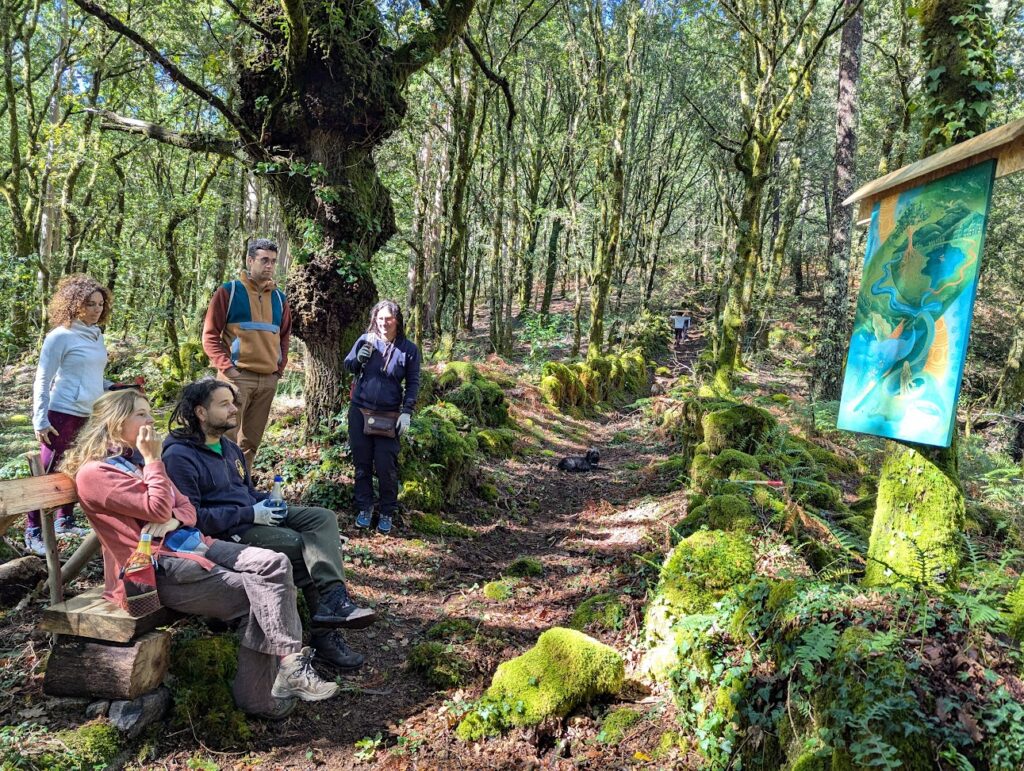
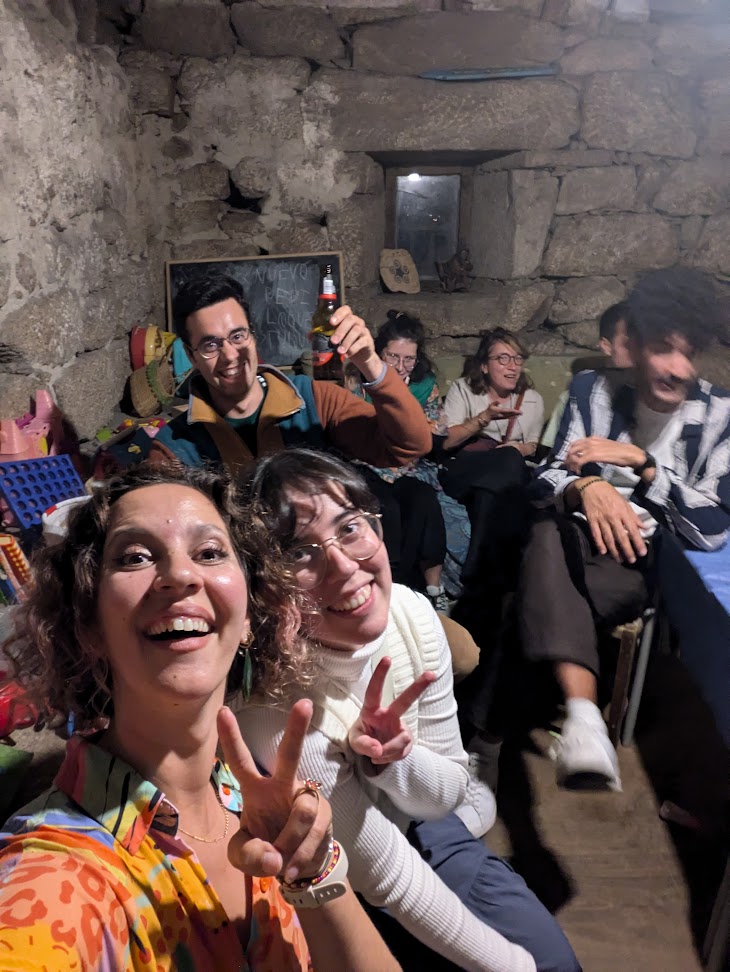
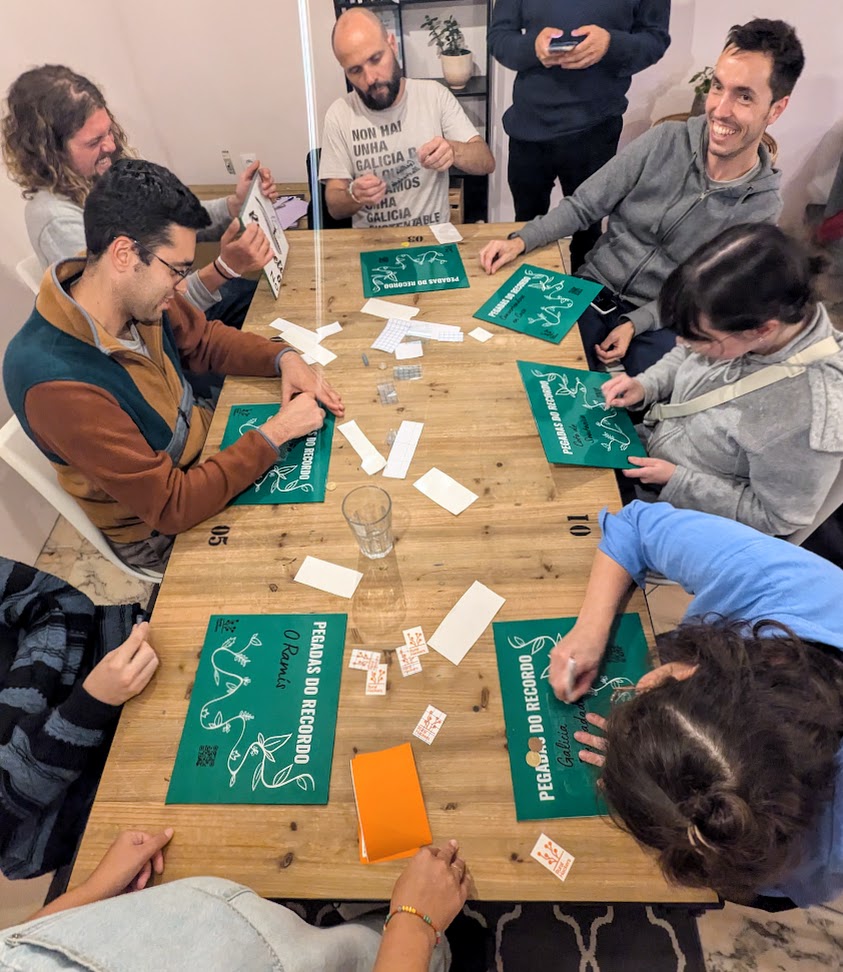
How They Worked: Methodology and Teams
The first days of Hacker Days were dedicated to local immersion with Rosabel and Olga, and mapping the existing processes. Multidisciplinary teams were then formed: engineering, design, UX/UI, communication, digital education, and mediation to design and build the prototypes.
In the final stretch, the focus shifted to testing with the community, iterating quickly, and public presentations. On the last day, the prototype was officially handed over for real validation in Anceu. This structure ( immersion → prototype → test ) reflects a co-creation philosophy: listen, learn, and build with the community so that solutions meet real needs and local capabilities.
Prototype Components
Although technical details may evolve with testing, the roadmap proposed by Rural Hackers includes several key modules:
- User Authentication and Management: platform with roles (managers, community members, administrators) that respects privacy and encourages collective participation.
- Consumption Reading and Recording: semi-automatic methods (easy manual entries for older users) alongside automatic options (IoT sensors where feasible).
- Leak Detection and Alerts: basic rules or algorithms to identify anomalous consumption and notify responsible parties.
- Billing and Transparency: generation of clear receipts and consumption history so the community understands cost composition.
- Communication and Training: educational materials and notification channels (SMS, WhatsApp, email) for different user profiles.
The profiles sought included engineers for web and back-end development, designers and UX/UI experts for clear and accessible interfaces, communicators to document and disseminate the model, mediators to connect with rural realities, and digitalization agents to train users. This diversity is key: a good prototype alone is not enough; it must become a useful and adopted tool.
Volunteering, Logistics, and Support Ecosystem
During Hacker Days 2025, participants not only had accommodation, meals, and workspaces at the Coliving, but also made use of the Casa do Pobo as an additional coworking space, integrating design activities, prototyping, and community meetings in a flexible environment closely connected to village life. This approach allowed the work experience to blend with immersion in the local culture, bringing collaboration between residents and visitors.
Each participant managed their own transportation, reinforcing a sense of autonomy and personal responsibility within the project. The team also benefited from the support of technological and local companies, which provided resources, expertise, and logistical assistance. Among them, SiteGround played a key role by offering technological infrastructure, technical support, and hosting, ensuring that the prototype could be developed, tested, and documented with stability and security.
This combination of volunteering, institutional support, and private collaboration made the initiative sustainable and scalable. Documenting the process was part of the goal: to leave a record for other communities to replicate, following the philosophy of rural replicability.
Expected Impact and Challenges: Beyond Technology
The primary impact was to ease the work of those managing water and ensure the continuity of the community model. But the effects were broader: social, economic, and cultural. Key impacts include:
- Generational Renewal: tools made participation by younger people possible, reducing the burden on older generations and promoting knowledge transfer.
- Community Economy: predictable, low costs by avoiding dependence on external operators who might raise prices.
- Social Strengthening: mediated digitalization reinforcing community bonds by making decision-making and shared expenses more transparent.
- Rural Replicability: the Anceu prototype’s open structure allows extension to other villages with similar characteristics, as highlighted by Galicia Press and Marketing4eCommerce.
Challenges Overcome
Achieving these results was not easy. The project faced several challenges:
- Digital Accessibility: interfaces usable for older adults or people with low digital literacy, with alternative processes like assisted readings.
- Connectivity: offline or semi-offline modes that synchronize data when possible.
- Technical Sustainability: affordable hosting, accessible documentation, and local team training.
- Governance and Trust: the community decides on data and physical infrastructure, avoiding external dependencies.
Overcoming these challenges required not only technical development but also accompaniment models, continuous training, and support networks, including collaborations with entities like Vivaces, which amplify dissemination and connect with civil society
Lessons for the Rest of the Country (and Europe)
The Hacker Days approach (residency + hackathon + community prototyping) offers a powerful recipe: move from diagnosis to prototype in one week, and validate with the community in the following days. This model can inspire other public or private initiatives wanting to test rural solutions quickly and rigorously.
The open-source ethos and process documentation enable the creation of a “replication kit,” useful for other European localities with cooperatives or communities managing basic services, fostering autonomy and sustainability.
Human Stories: Rosabel and Olga as the Heart of the Project
Every project has names, hands, and lives that make it possible. In Hacker Days 2025, Rosabel and Olga became the heart of the challenge. Women who have dedicated years of their lives to caring for the community’s water, ensuring every household receives this vital resource, that every meter is read, and that leaks are detected on time. Their commitment is not just work: it is care, responsibility, and love for their village.
Hearing their stories reminds us that the continuity of community management is fragile without accessible tools. That is why including them from planning to prototype testing was essential. They guided the design with their experience, validated every solution, and helped ensure the project truly addressed the community’s daily needs. Every suggestion, correction, and story they shared became part of the open-source system that can now be replicated in other villages.
Rosabel and Olga taught us the importance of patience, observation, and the value of consistent daily effort. They serve as bridges between generations. While they pass on practical wisdom, younger participants contribute digital skills and fresh perspectives, transforming these traditional practices into sustainable and replicable tools.
Conclusion and Call to Action
Hacker Days 2025 demonstrates that rural innovation is not only possible but also transformative, and that well-designed technology can be a powerful ally in promoting autonomy, sustainability, and social cohesion. By automating and facilitating collective water management, the project streamlines processes, safeguards vital resources, strengthens the local economy, and creates opportunities for intergenerational knowledge transfer, ensuring that the wisdom and practices of older generations are preserved while integrating the skills and perspectives of younger participants.
The project connects generations in meaningful ways: young people contribute digital literacy, technical expertise, and fresh ideas, while older adults share practical experience, historical knowledge, and understanding of what to be a local means. This combination of perspectives creates a living ecosystem of collaboration, where technology is shaped by human experience and local needs, rather than imposed from the outside. Its open philosophy encourages replication, thorough documentation, and intercommunity learning, allowing other rural villages to benefit from tested solutions and adapt them to their own contexts.
